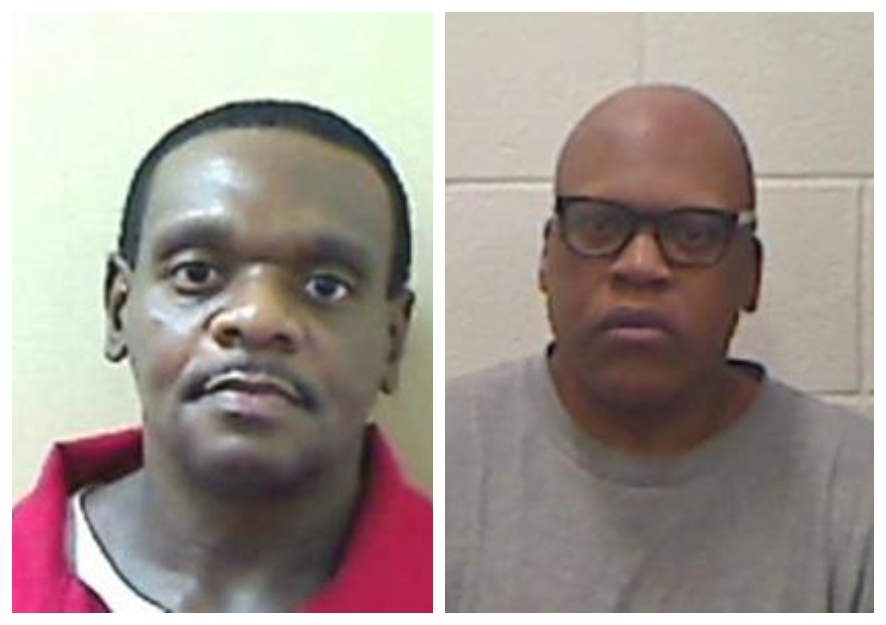A study conducted at the University of Michigan found that innocent black people were seven times more likely to be convicted of murder than innocent white people. This is despite African Americans making up only 13 per cent of the country’s population.
This was the fate of half brothers, Henry McCollum and Leon Brown, who were wrongfully convicted and sentenced to death for the rape and murder of an 11-year-old white girl in 1983.
They spent 31 years in prison before a Robeson County judge overturned their convictions in 2014.
The half brothers, who were 20 and 16 respectively at the time of their conviction, maintained their innocence throughout their ordeal.
After a long road to justice, the duo was awarded $75 million damages by a jury in North Carolina in May. The jury deliberated for nearly five hours before coming to an agreement.
How did it happen?
The eight-man jury voted $31 million in compensatory damages to each of the brothers, amounting to $1 million for each year spent languishing in prison for offences they did not commit, plus $13 million in punitive damages.
Earlier, one of the defendants in the case – the Robeson County Sheriff’s suit – agreed to a $9 million settlement with the brothers, meaning that they walked home with $84 million altogether.
Exoneration
McCollum and Brown, who were intellectually-disabled, claimed they were coerced to append their signatures to confessions they could not understand, The News & Observer reported.
However, they walked home as free men with full pardons of innocence granted by the state after DNA evidence linked a convicted murderer named Roscoe Artisto the crime scene.
After their release, the brothers pursued a federal civil rights lawsuit against the North Carolina State Bureau of Investigation (SBI) agents that were behind their arrest and conviction in 1983.
They finally got justice on Friday, May 14, 2021.
Their push for justice was led by a group from the Washington, D.C. firm Hogan Lovells.
The brothers’ lawyers contended that law enforcement officers violated McCollum and Brown’s civil rights in several ways: that they coerced the brothers’ confessions; that they suppressed and fabricated evidence; that they investigated the crime in bad faith, ignoring evidence that would have pointed to another suspect; and that they violated McCollum and Brown’s due process rights.
“The first jury to hear all of the evidence — including the wrongly suppressed evidence — found Henry and Leon to be innocent, found them to have been demonstrably and excruciatingly wronged, and has done what the law can do to make it right at this late date,” Elliot Abrams, an attorney who was part of the brothers’ legal team, said after the trial.

